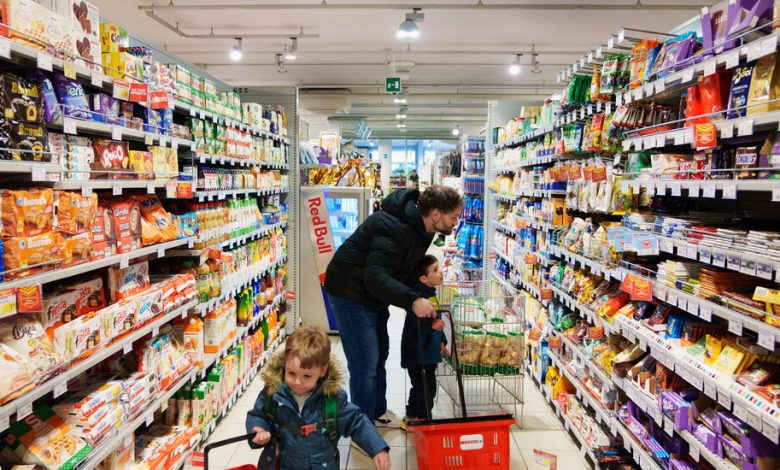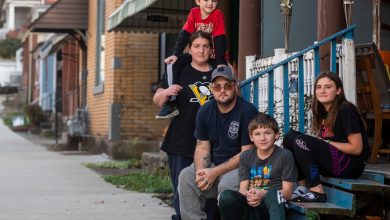What Happened When This Italian Province Invested in Babies

In a municipal building in the heart of the alpine city of Bolzano, Stefano Baldo clocked out of work early for his breastfeeding break.
“It’s clear I don’t breastfeed,” Mr. Baldo, a 38-year-old transportation administrator, said in his office decorated with pictures of his wife and six children. But with his wife home with a newborn, one of the parents was entitled by law to take the time, and he needed to pick up the kids. “It’s very convenient.”
Full houses have increasingly become history in Italy, which has one of the lowest birthrates in Europe and where Prime Minister Giorgia Meloni, as well as Pope Francis, have warned that Italians are in danger of disappearing. But the Alto Adige-South Tyrol area and its capital, Bolzano, more than any other part of the country, bucked the trend and emerged as a parallel procreation universe for Italy, with its birthrate holding steady over decades.
The reason, experts say, is that the provincial government has over time developed a thick network of family-friendly benefits, going far beyond the one-off bonuses for babies that the national government offers.
Parents enjoy discounted nursery schools, baby products, groceries, health care, energy bills, transportation, after-school activities and summer camps. The province supplements national allocations for children with hundreds of euros more per child and vaunts child-care programs, including one that certifies educators to turn their apartments into small nurseries.
All of that, experts say, helps free up women to work, which is vital for the economy. As in France and some Scandinavian countries, it also shows that a policy of offering affordable day-care services has the power to steer Italy from the impending demographic cliff as the birthrate falls.





